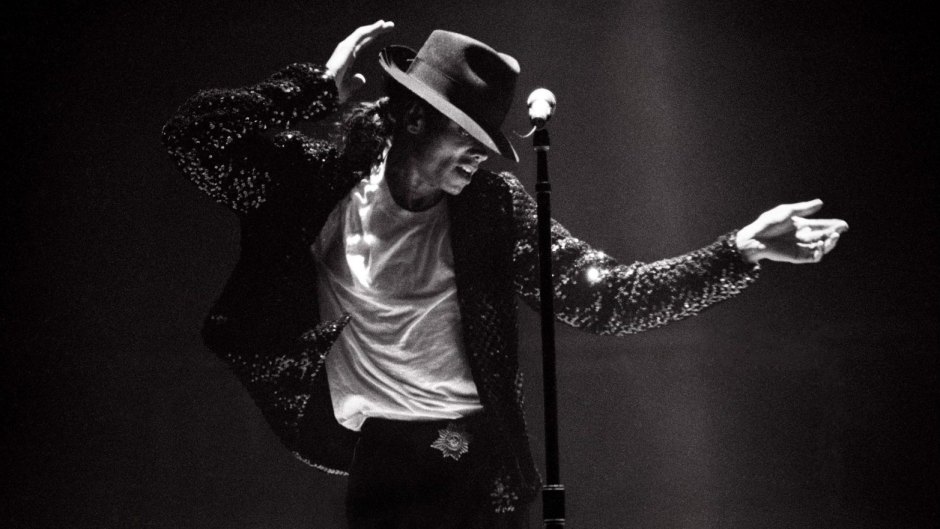
Getty Images
Michael Jackson’s Estate Slams ‘Leaving Neverland’ Documentary as ‘Character Assassination’
They’re not having it. The late pop icon Michael Jackson‘s estate recently spoke out against the new documentary, Leaving Neverland, on the singer’s child sex abuse allegations. The doc premiered at Sundance Film Festival in Park City, Utah on January 25. In a statement obtained by Us Weekly, the Estate responded to the film.
“Leaving Neverland isn’t a documentary, it is the kind of tabloid character assassination Michael Jackson endured in life, and now in death,” the statement read.
The riveting documentary paints a picture of the pop legend as a predator who used his success as a vehicle through which to exploit young and impressionable teen boys. Two men in question who were involved in the documentary were Wade Robson, now 36, and James Safechuck, now 42. Robson testified in Jackson’s defense during his 2005 trial on molestation charges, according to USA Today, but he would later come forward in 2013 with his own molestation accusations against Jackson. Safechuck came forward with child sex allegations against Jackson in 2014, according to the LA Times.

“The film takes uncorroborated allegations that supposedly happened 20 years ago and treats them as fact,” the statement continued. “These claims were the basis of lawsuits filed by these two admitted liars which were ultimately dismissed by a judge. The two accusers testified under oath that these events never occurred. They have provided no independent evidence and absolutely no proof in support of their accusations, which means the entire film hinges solely on the word of two perjurers.”
The statement goes on to explain that Jackson’s estate feels the documentary is unfair because the creators chose not to interview anyone that could possibly have views that would hurt their argument, thus giving the viewer far from an unbiased story. The statement also claims the accusations from the individuals involved in the video only started after certain unfavorable situations, thus the motives not being pure.
“We are extremely sympathetic to any legitimate victim of child abuse. This film, however, does those victims a disservice,” the statement explained. Michael was found not guilty as a result of the 2005 trial and has maintained innocence on all charges and allegations.
No matter what, the documentary was clearly shocking enough for there to be this much discussion surrounding the content. This isn’t exactly a new story, but this movie must have brought it to light in a whole new way — one that not everyone is happy with.
Have a tip? Send it to us! Email In Touch at contact@intouchweekly.com.








































